emptiness
Teachings on the core of Buddhist philosophy: that persons and phenomena are ultimately empty of inherent existence because they are dependent arisings. This is the most powerful antidote that eliminates the ignorance and afflictions that give rise to suffering.
Latest Posts
View all posts in Venerable Thubten Chodron's teaching archive.
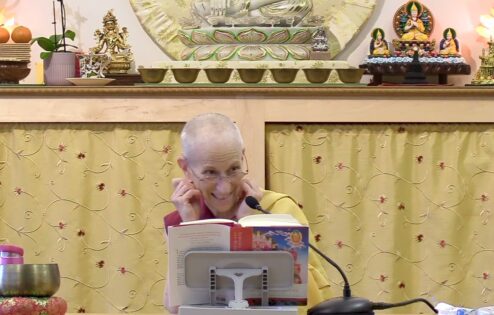
Awareness of our buddha nature eliminates hindrances
Concluding teaching from the text, "Samsara, Nirvana and Buddha Nature", covering the topic are we…
View Post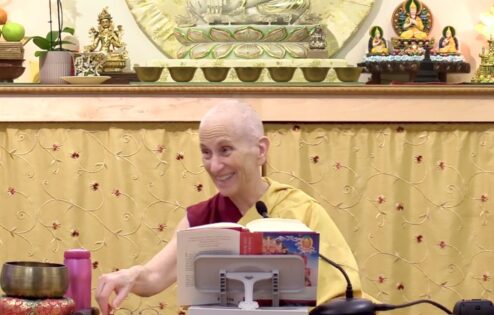
Causal clear light mind
Describing the clear and cognizant nature of the mind and innate clear light mind, covering…
View Post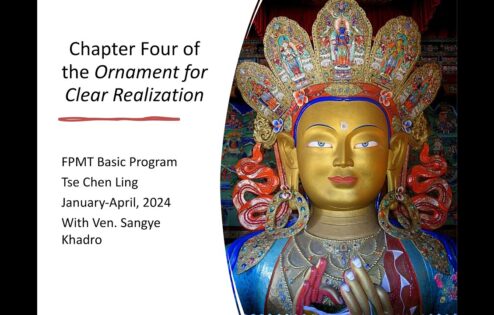
Mindfulness in the Mahayana
How mindfulness helps us understand duhkha and overcome the four misconceptions.
View Post
Remembering the kindness of the guru with Ven. Khadro
Stories about Lama Zopa Rinpoche and Lama Yeshe from Venerable Sangye Khadro’s experience.
View Post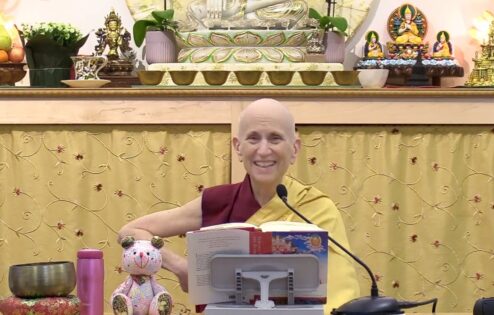
Nothing is to be removed
Explaining how the uninterrupted path leads to liberated path, transforming buddha nature and the third…
View Post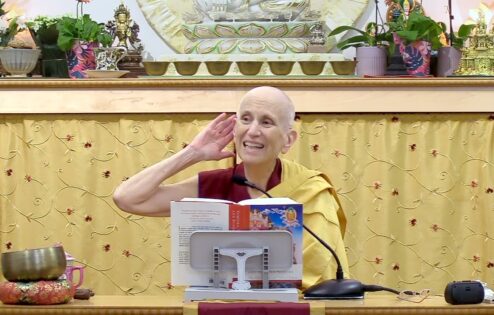
Four puzzling points
Explaining the four puzzling points, from the section, "A Puzzle", in Chapter 13.
View Post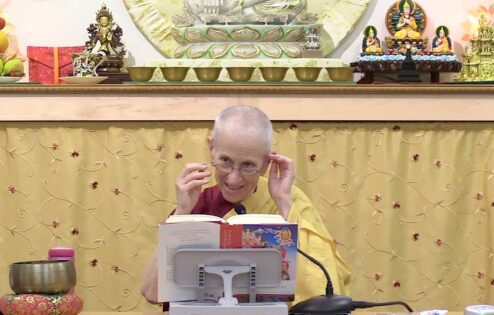
Three aspects of the Tathagatagarbha
Explaining the three aspects of the Buddha Essence, from the section "Three Aspects of the…
View Post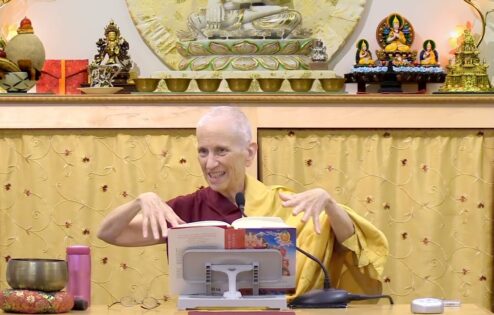
What obscures our buddha nature
Explaining the remaining five similes, from the section, "Nine Similes for Tathāgatagarbha" and beginning the…
View Post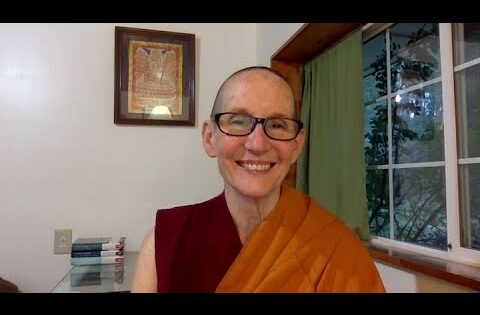
Review of tenets and buddha nature
Reviewing two types of buddha nature and their relationship to the buddha bodies, from Chapter…
View Post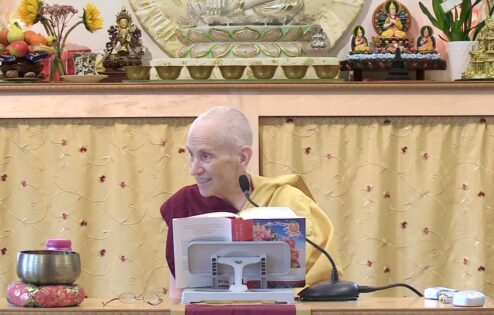
Are sentient beings already Buddhas?
Explaining whether sentient beings are already buddhas and covering the buddha nature according to tantra,…
View Post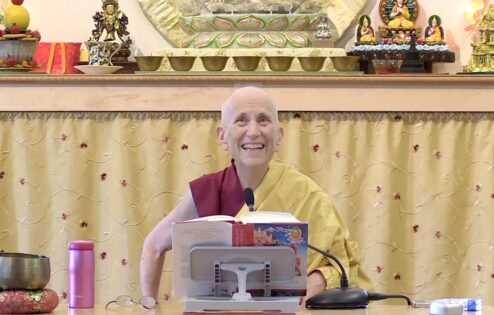
Transforming and naturally abiding Buddha nature
Explaining the meaning of naturally abiding buddha nature and transforming buddha nature, from the section…
View Post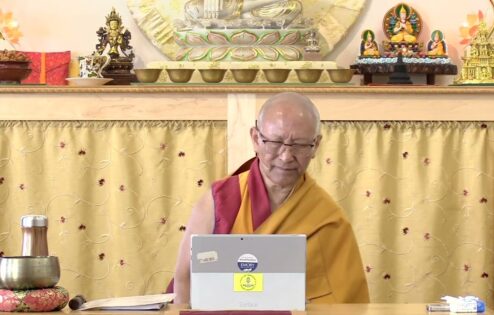
Selflessness of phenomena
Explanation of the view of the selflessness of phenomena in the Buddhist tenet schools.
View Post